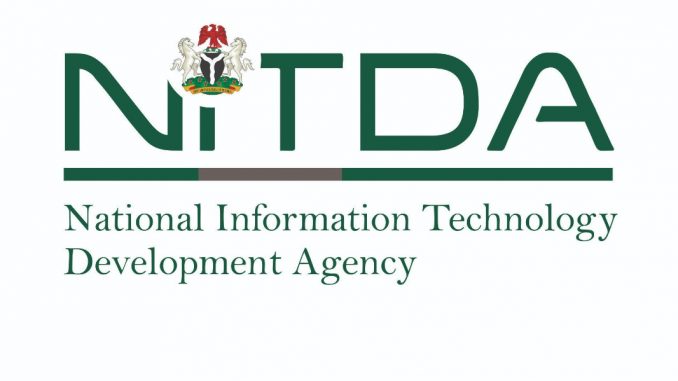Following the designation of it’s recently created Payment System Department at the Central Bank of Nigeria (CBN) as the lead regulator of the activities of the Financial Technology Companies (Fintechs) and other financial institutions under the digital development, discordant voices are beginning to rise.
Experts are expressing varied reservations as to the implications of the new department created by the CBN to regulate and monitor the activities of FinTech, saying efforts should be in place to avoid multiplicity of regulatory entities to avoid causing over regulation and clash of regulatory provisions.
In his reaction, Engr Olusola Teniola, President, Association of telecoms Companies of Nigeria (ATCON), said “It is expected that CBN would have consulted NCC, NITDA, Ministry of Science and Technology and other critical stakeholders regarding regulation concerning FinTech.”
According to him, “Since Fintech is considered a major disruptive technology to the banking sector, it is a positive move taken by the CBN to create an entity to focus on all aspects of Fintech, with the hope that this entity will interface and collaborate with all stakeholders in the digital sub-sector.
He noted further that “CBN naturally must take the lead in driving regulations and policies’ concerning Fintech as telecoms is just enabler, but the NCC and others earlier mentioned will continue to take support role in ratifying the final regulations to ensure relevance to the ever changing industry.”
Also, a software developer in Lagos who pleaded said “Whereas it is a good development for the apex bank to come up with a regulatory unit, it is important that any other agency wishing to create similar unit should liaise with the CBN to avoid proliferation of regulatory agencies.”
However, explaining more recently in Lagos, at the Annual Retreat of Chief Compliance Officers with the theme: ‘Digital Revolution; Repositioning Compliance Function in Nigeria Banks’ the Group Head, ML Safety, Central Bank of Nigeria, (CBN), Joseph Gina, said with the creation of the department, the CBN was moving ahead to ensure that it was in tune with the global realities.
Gina explained that regulation is very important for the smooth running of institutions, stating that the CBN has always made sure that financial institutions are properly regulated to promote soundness in the financial system.
According to him, effective regulation would make the financial institutions attractive to domestic and international investors and also in compliance with global trends.
Gina further noted that “In the area of compliance, I think we are doing well that is why you will notice that the CBN is constantly collaborating with the operators and the financial institutions so that we are all in tune with what is happening in the world and making sure that nobody is left behind.
“We are strong as our weakest link and we cannot take things for granted. What is certain is that all their challenges are addressed; also they understand that what is expected of them and once they are able to do that, then they are able to carry out their functions effectively.
“In the area of compliance, you will recall that there was a time Nigeria was placed on the blacklist as one of the none corporative countries because it was discovered that our sanction regimes were not proportionate and dissuasive enough, therefore what CBN did in 2018 was to come up with the anti-money laundering/administrative sanction regime which came into effect in February, 2018 and that was to put things in focus and make sure that things are working appropriately,” the CBN official explained.









